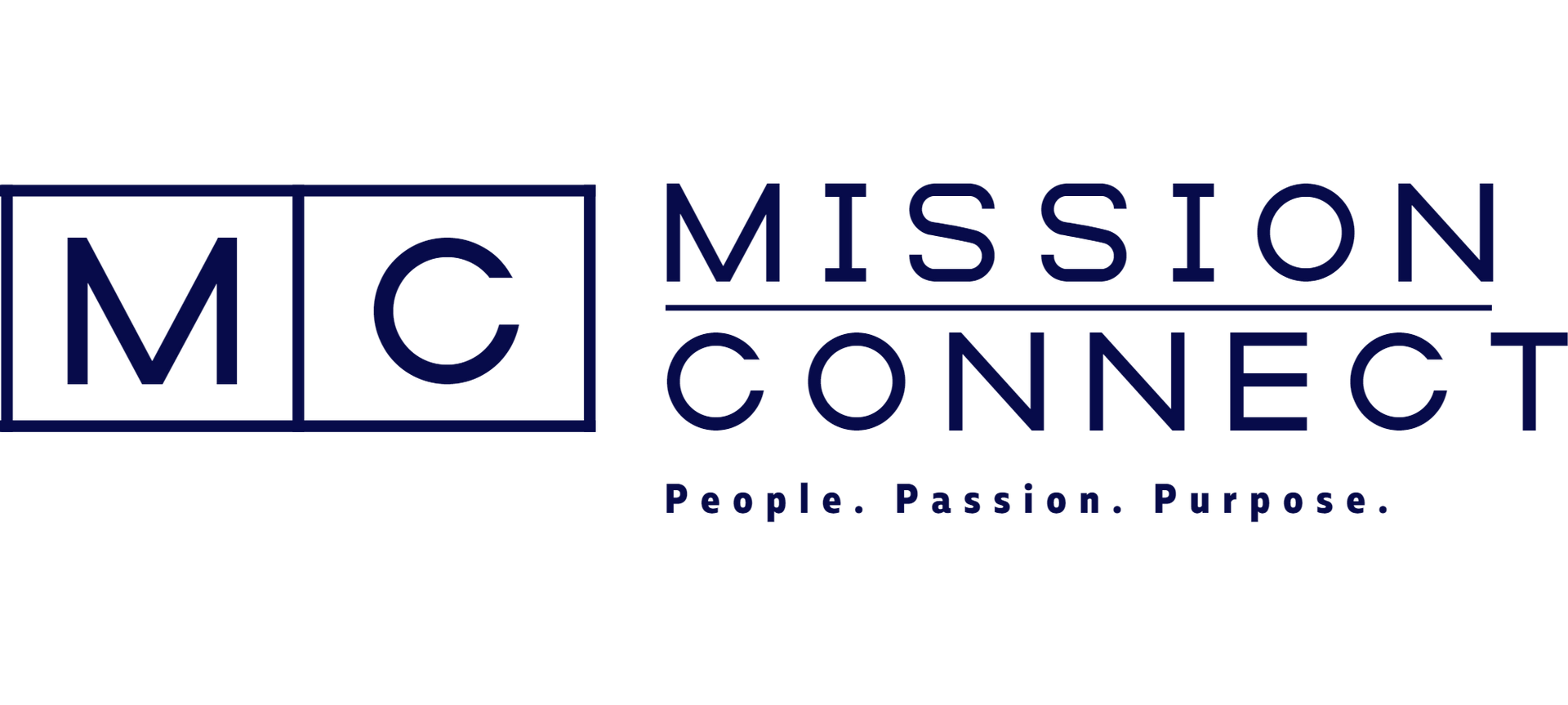Embracing Purposeful Professional Development
In the ever-evolving landscape of the nonprofit industry, professionals face a continuous challenge: staying relevant. As the demands and dynamics of the sector shift, so too must the skills and competencies of those working within it. Whether you're already deeply entrenched in your nonprofit career or contemplating a leap into this rewarding field, the importance of purposeful professional development cannot be overstated.
Why is continuous professional development crucial for success in the nonprofit sector? The answer lies in the sector's unique blend of social impact, financial stewardship, and community engagement. To effectively navigate these complexities and drive meaningful change, nonprofit professionals must equip themselves with a diverse skill set and stay abreast of emerging trends and best practices.
According to a study by the Bridgespan Group, an estimated 67% of nonprofit organizations struggle with leadership development and succession planning. This statistic underscores the urgent need for professionals in the sector to invest in their own growth and development. By proactively honing their skills and expanding their knowledge base, individuals can position themselves as invaluable assets to their organizations.
Moreover, as donor expectations evolve and funding sources diversify, nonprofits must demonstrate accountability, transparency, and impact. This necessitates proficiency in financial management, data analysis, and strategic planning—skills that can be cultivated through targeted professional development initiatives.
Top Desired Professional Development Skills:
- Financial Management: Nonprofit professionals must possess a solid understanding of budgeting, financial reporting, and grant management. Courses or certifications in nonprofit financial management, such as those offered by the Nonprofit Finance Fund, can provide invaluable insights into this critical area.
- Program Evaluation and Impact Assessment: Donors and stakeholders increasingly demand evidence of a nonprofit's impact. Proficiency in program evaluation techniques, such as logic modeling and outcomes measurement, is essential. Resources like the Stanford Social Innovation Review offer articles and webinars on effective program evaluation strategies.
- Fundraising and Development: The ability to secure funding is vital for the sustainability of nonprofit organizations. Professionals can enhance their fundraising skills through workshops, conferences, and certifications offered by reputable organizations like the Association of Fundraising Professionals (AFP).
- Human Resources Management: Nonprofit leaders must navigate complex HR challenges while fostering a positive organizational culture. Courses in nonprofit HR management, such as those available through the Society for Human Resource Management (SHRM), can provide valuable insights into talent acquisition, retention, and performance management.
Suggested Paths to Start the Process:
- Online Learning Platforms: Websites like Coursera, edX, and LinkedIn Learning offer a wealth of courses and certifications tailored to nonprofit professionals. Topics range from leadership development to fundraising strategies, allowing individuals to customize their learning journey.
- Professional Associations: Joining associations such as the National Council of Nonprofits or the Nonprofit Leadership Alliance can provide access to networking opportunities, mentorship programs, and professional development resources.
- Conferences and Workshops: Attending industry conferences and workshops is an excellent way to stay updated on emerging trends and best practices. Events like the Nonprofit Technology Conference and the Nonprofit Finance & Accounting Summit offer valuable insights and networking opportunities.
- Mentorship and Coaching: Seek out mentors within the nonprofit sector who can offer guidance and support as you navigate your professional development journey. Additionally, consider investing in coaching services to refine your skills and enhance your leadership capabilities.
In conclusion, purposeful professional development is not just a luxury but a necessity for success in the nonprofit sector. By continually expanding their skill set, staying informed about industry trends, and seeking out opportunities for growth, professionals can position themselves as effective leaders and agents of change within their organizations and communities. Embrace the journey of lifelong learning—it's the key to unlocking your full potential in the nonprofit world.
References:
- Bridgespan Group. (2017). "Nonprofit Leadership Development: What's Your 'Plan A' for Growing Future Leaders?" Retrieved from https://www.bridgespan.org/insights/library/leadership-development/nonprofit-leadership-development-plan-a
- Nonprofit Finance Fund. (n.d.). "Training & Webinars." Retrieved from https://nff.org/training-webinars
- Stanford Social Innovation Review. (n.d.). "Evaluation." Retrieved from https://ssir.org/topics/category/evaluation
- Association of Fundraising Professionals. (n.d.). "Professional Development." Retrieved from https://afpglobal.org/professional-development
- Society for Human Resource Management. (n.d.). "SHRM Learning System for SHRM-CP/SHRM-SCP." Retrieved from https://www.shrm.org/LearningAndCareer/learning/Pages/default.aspx


